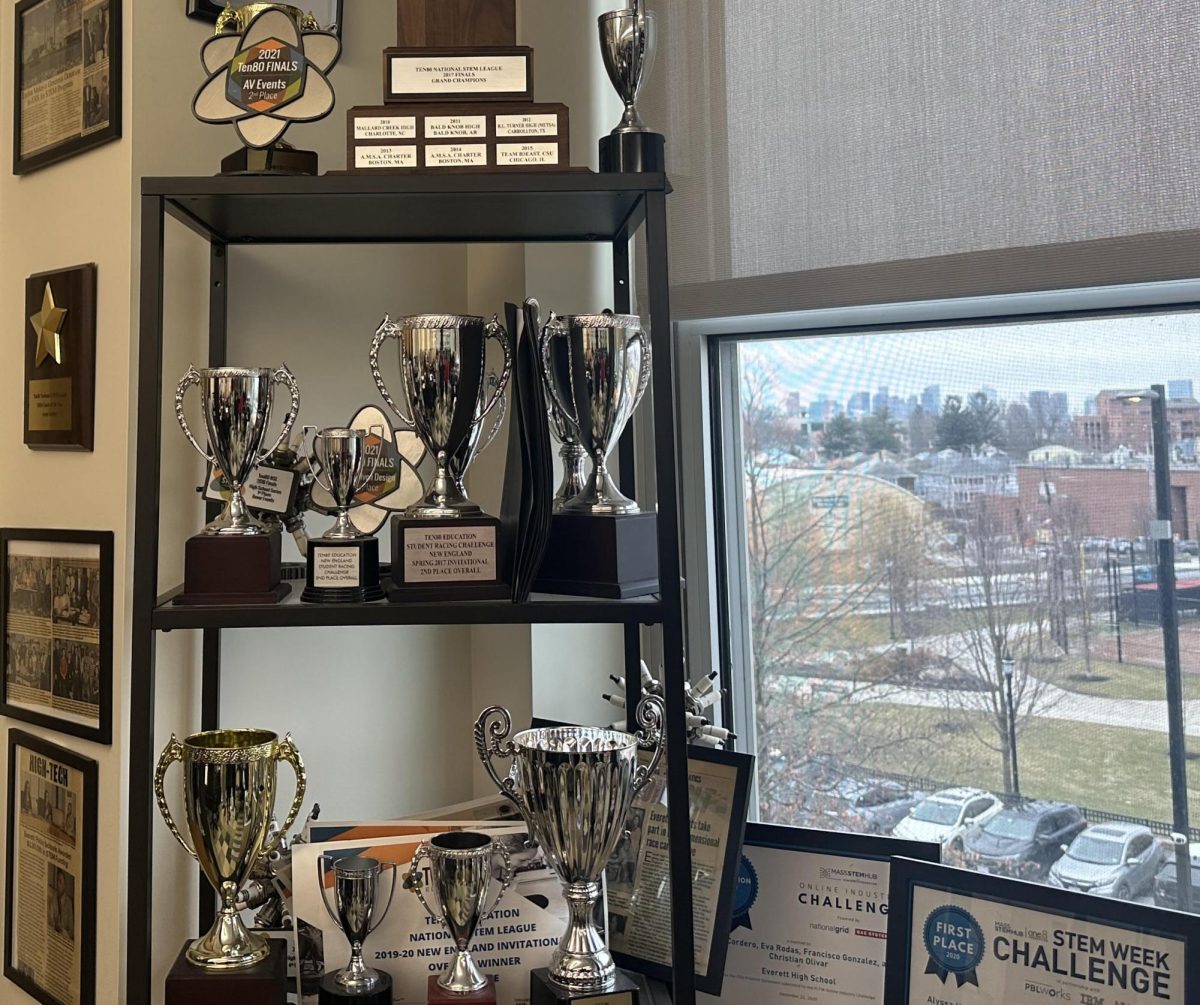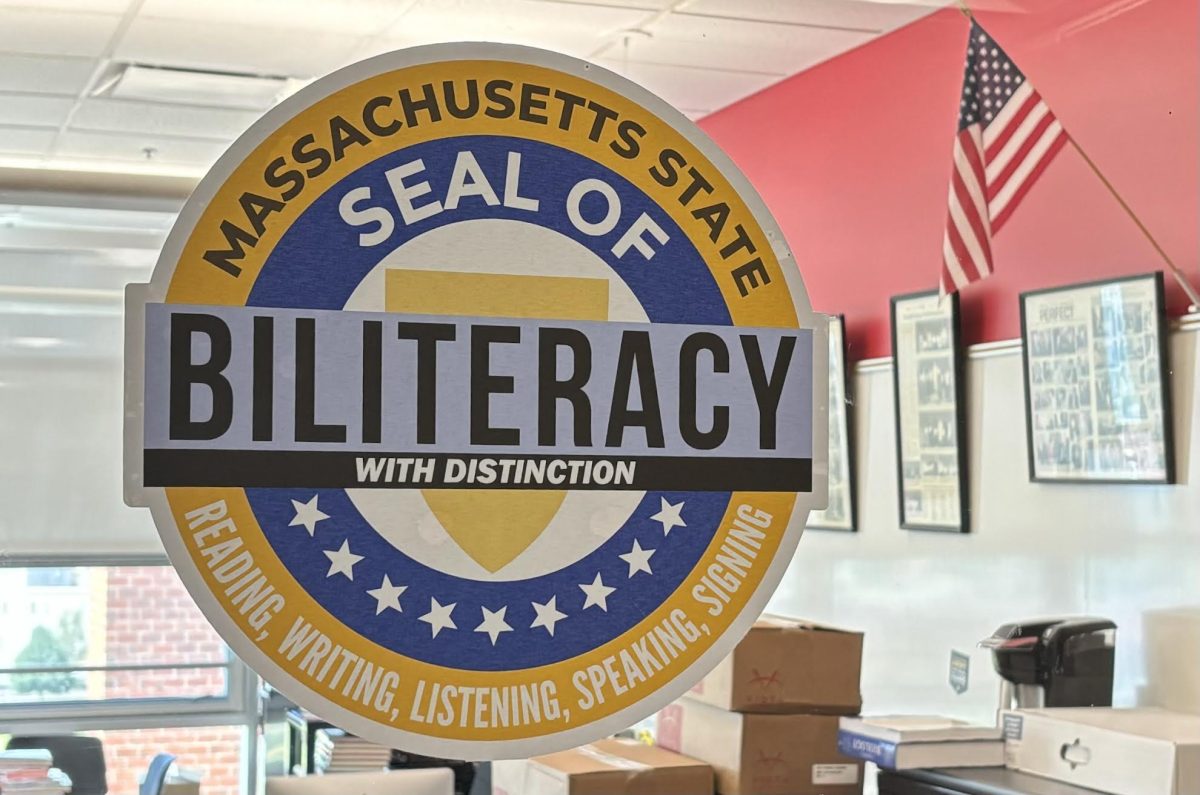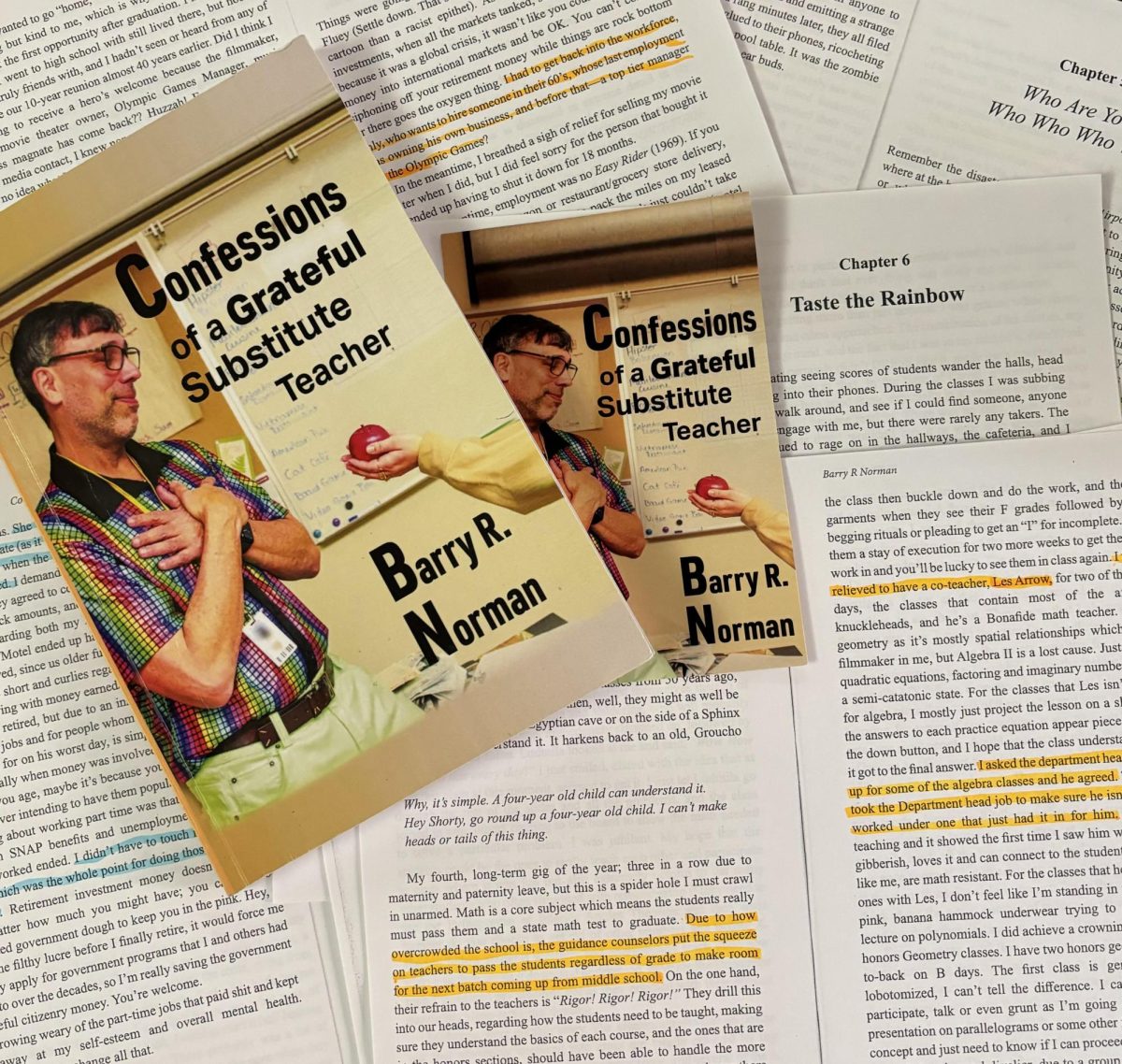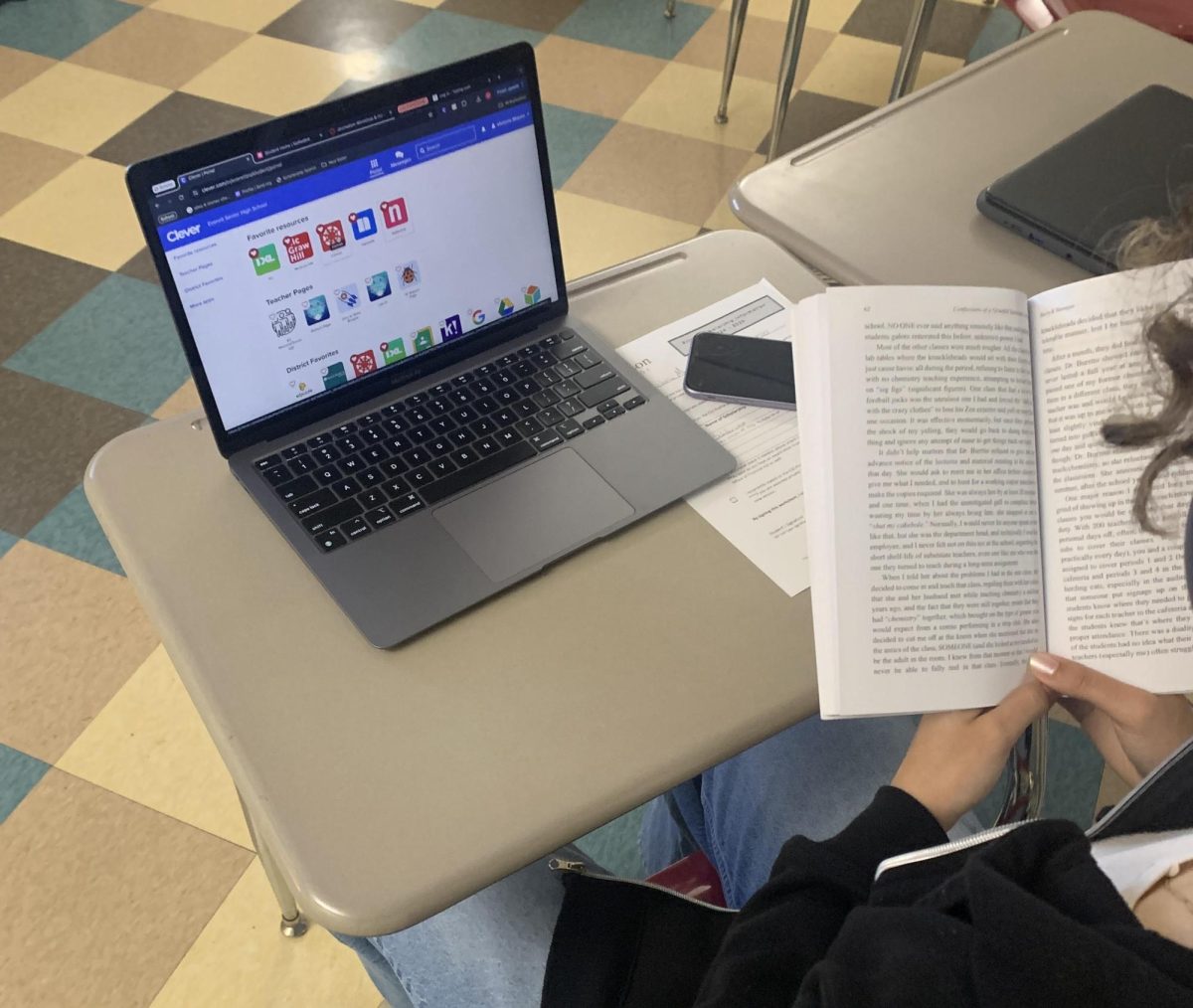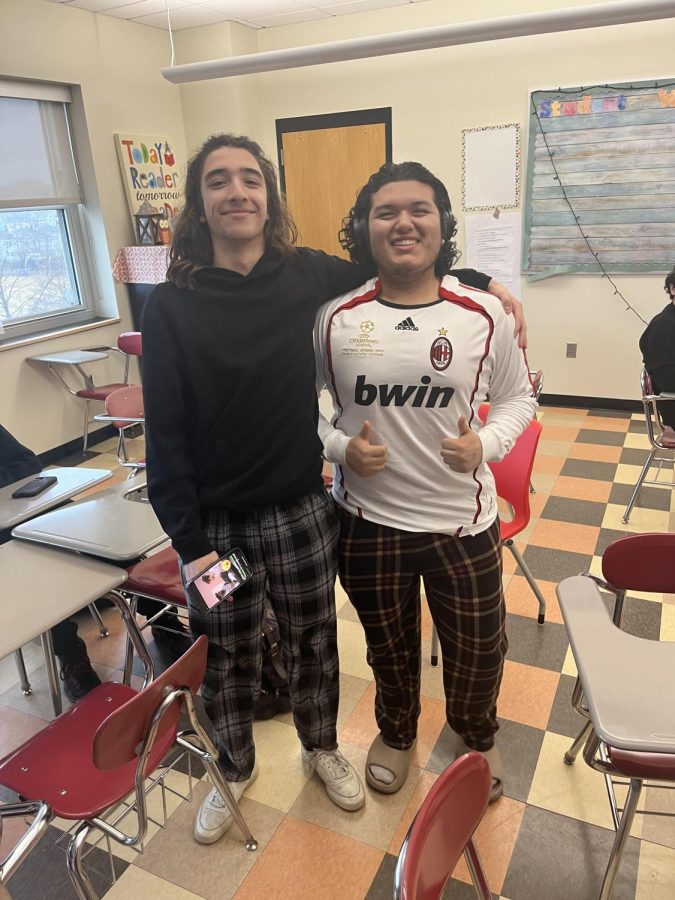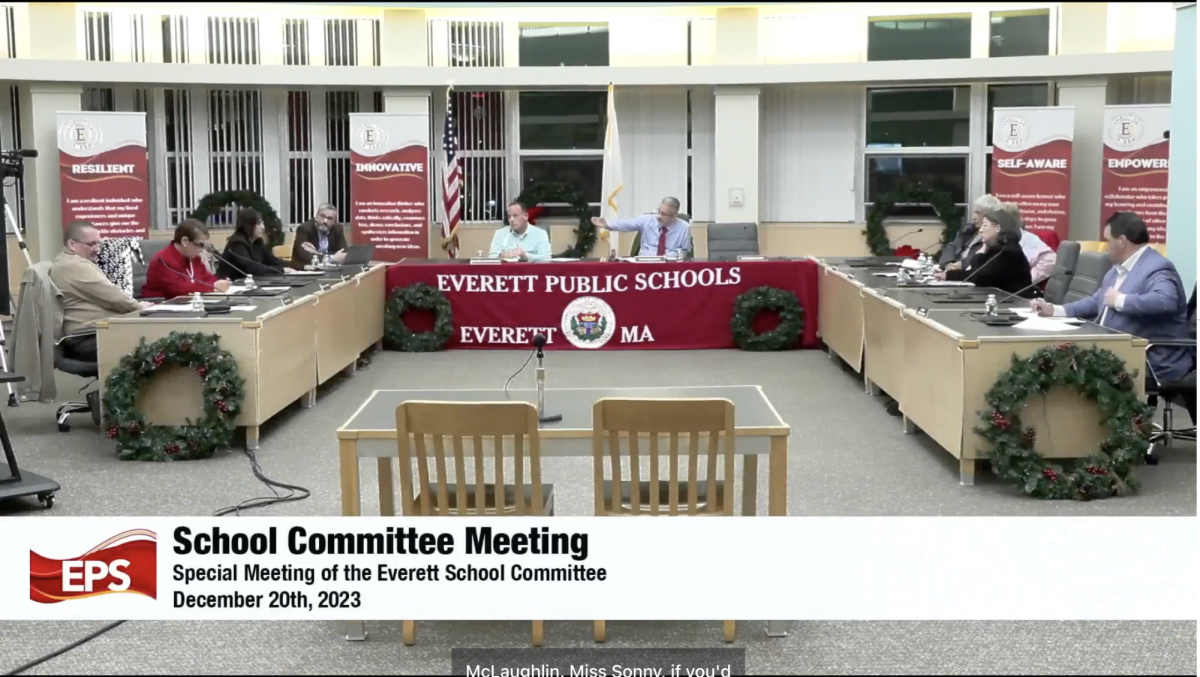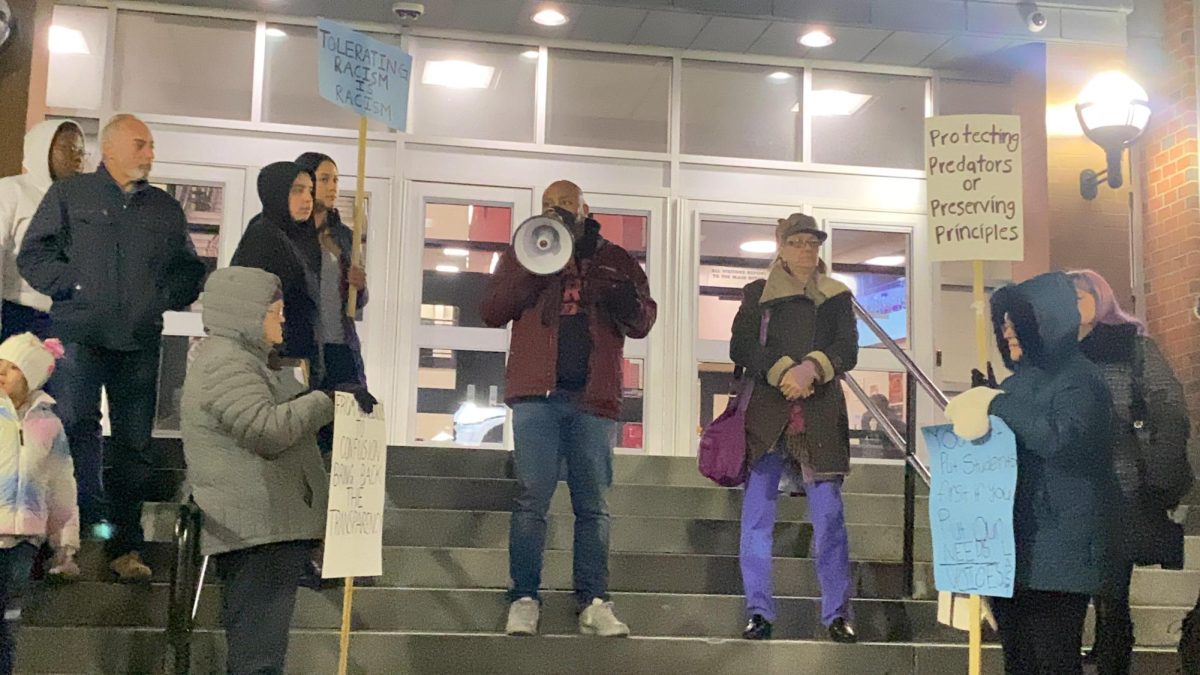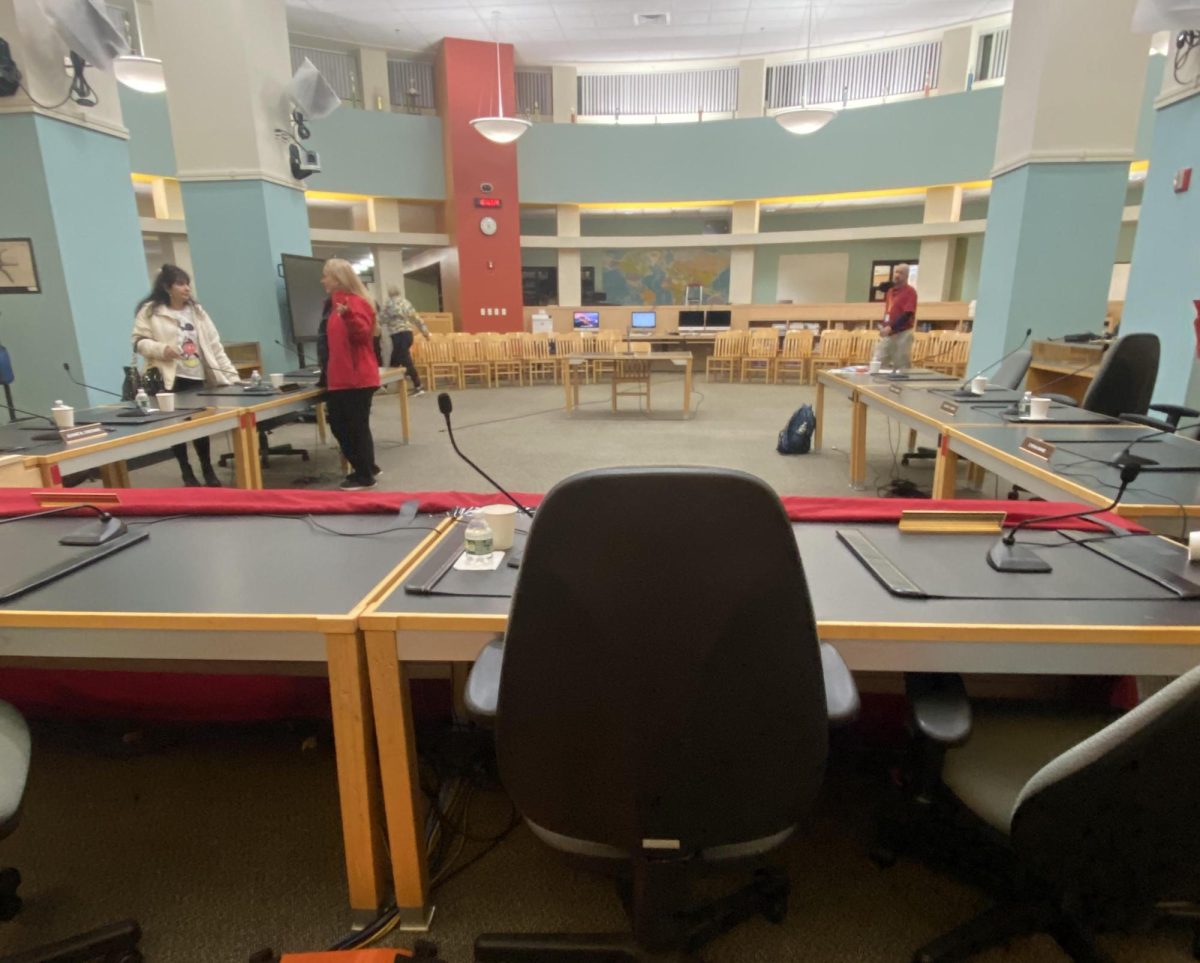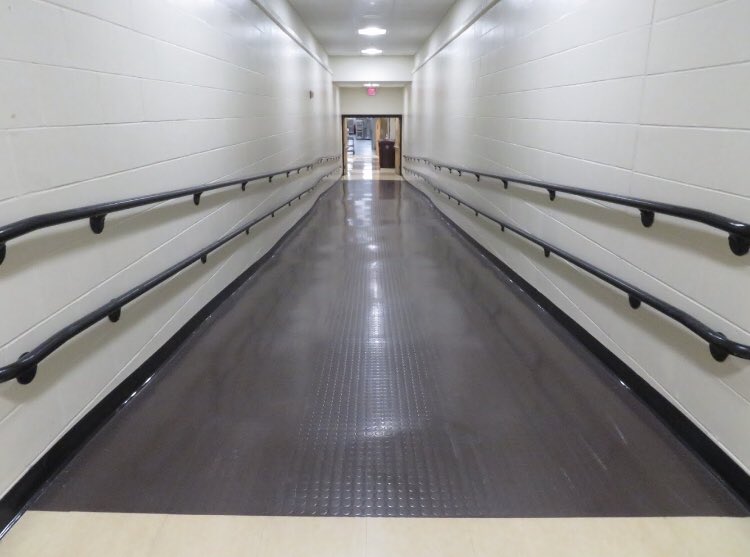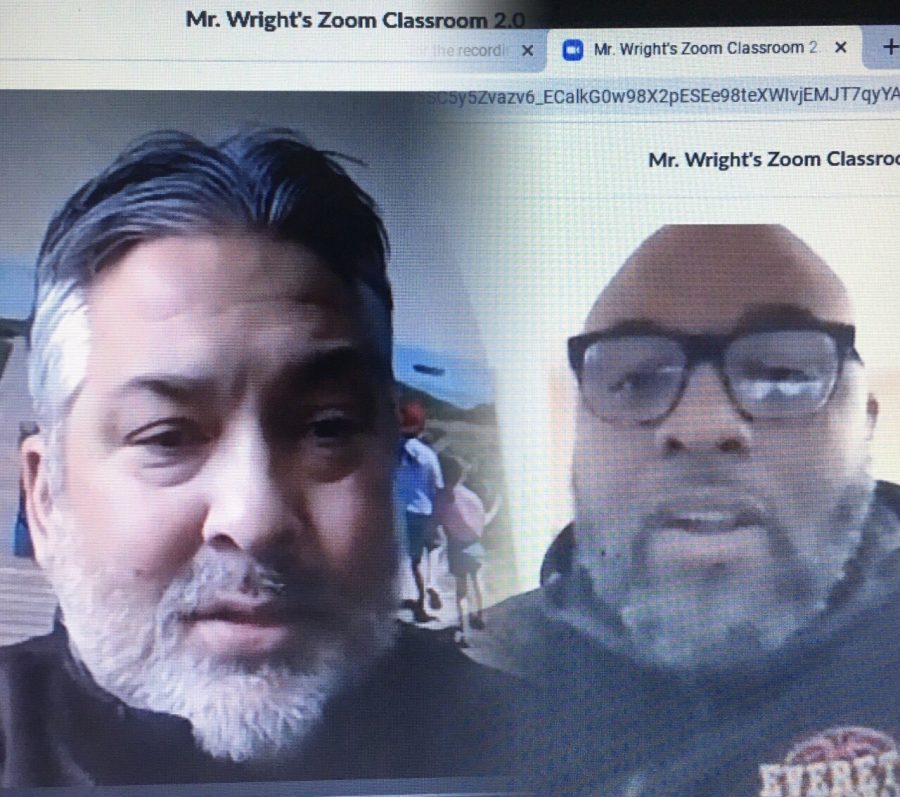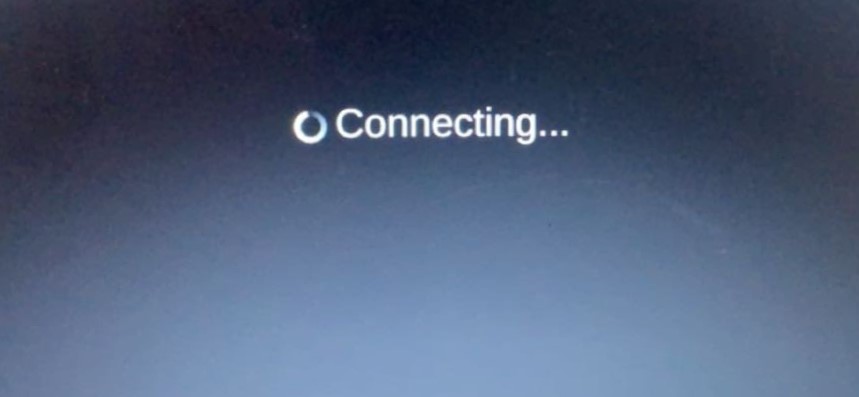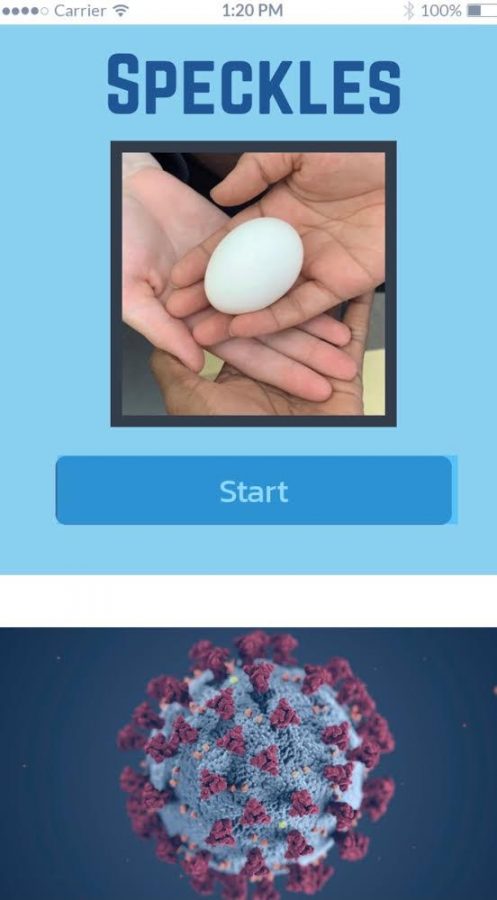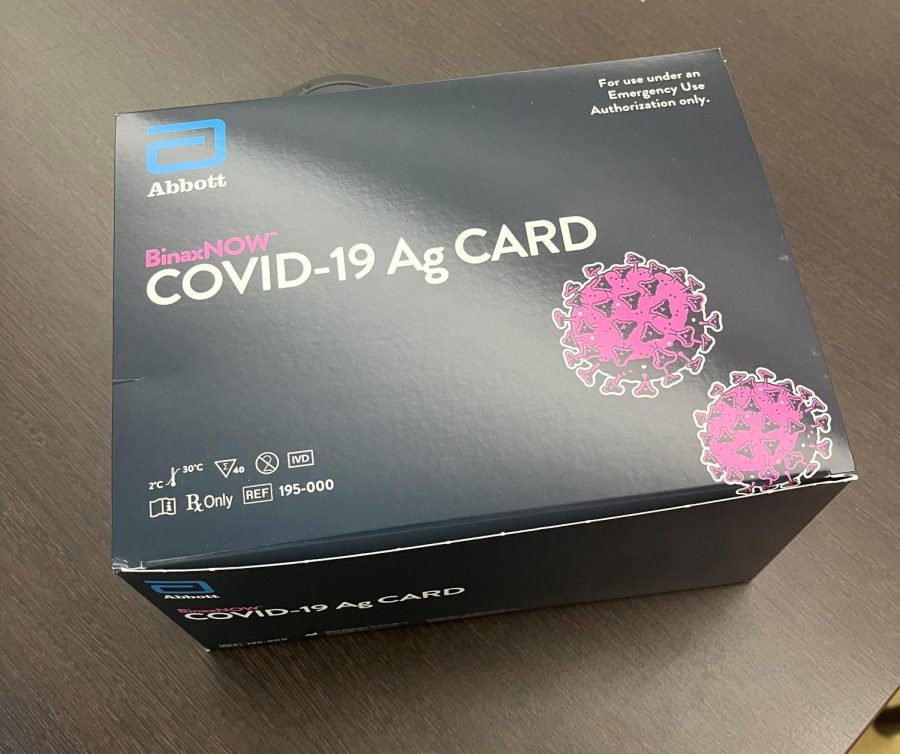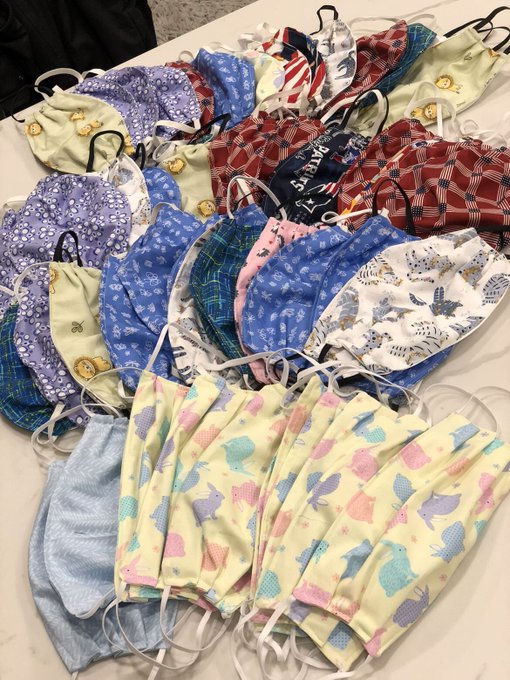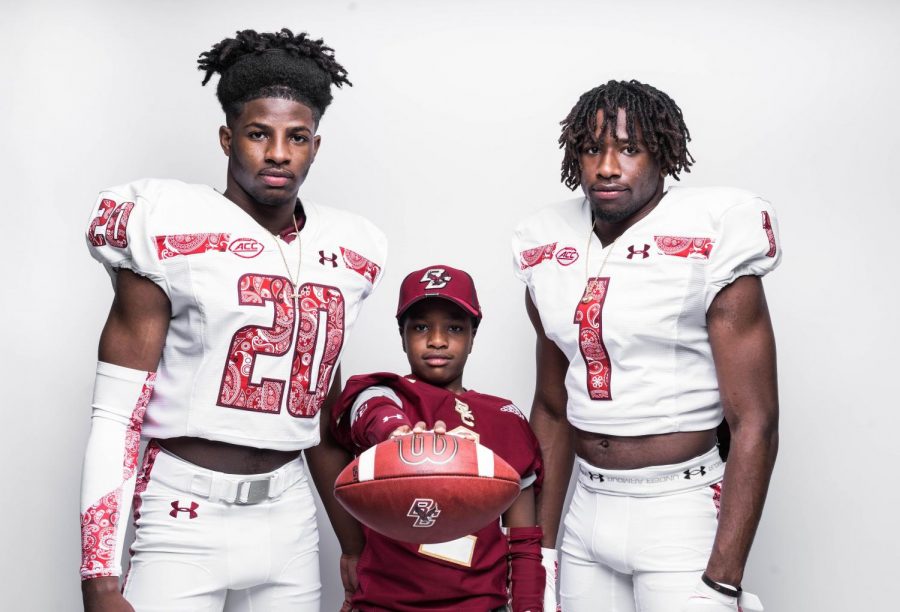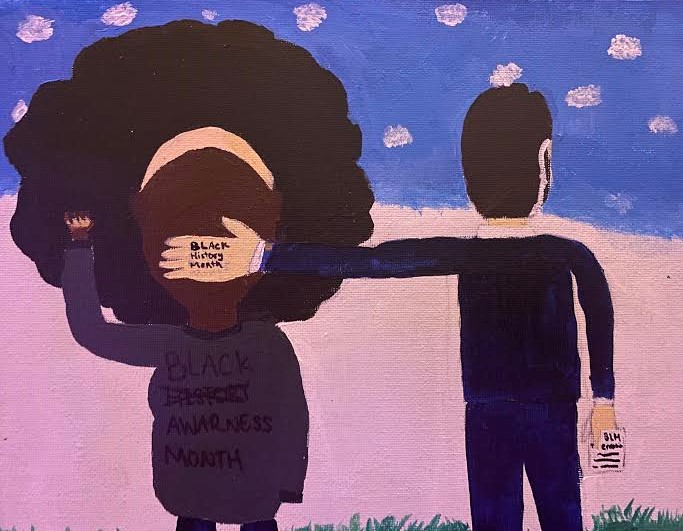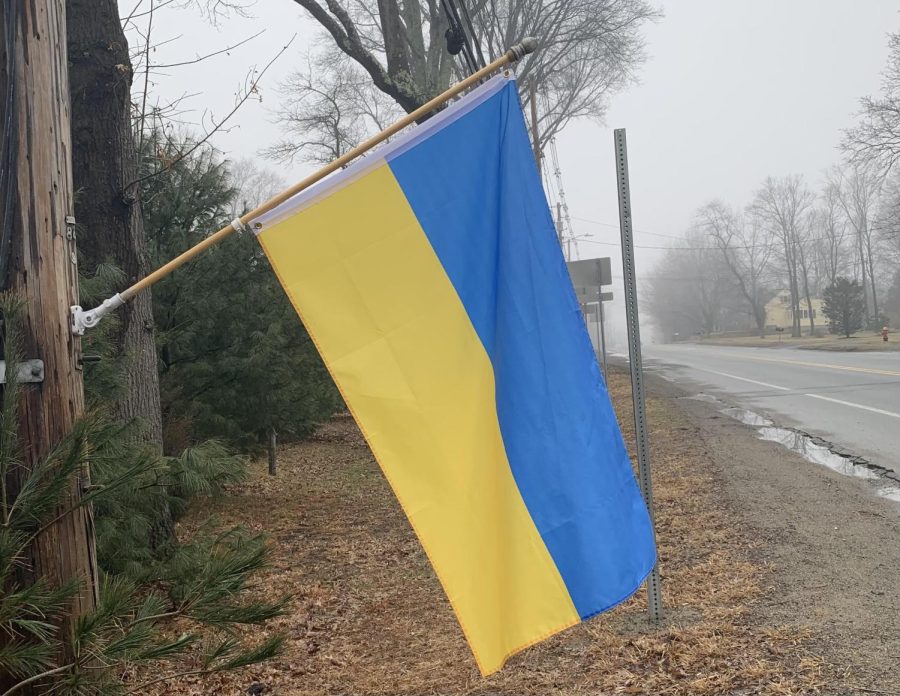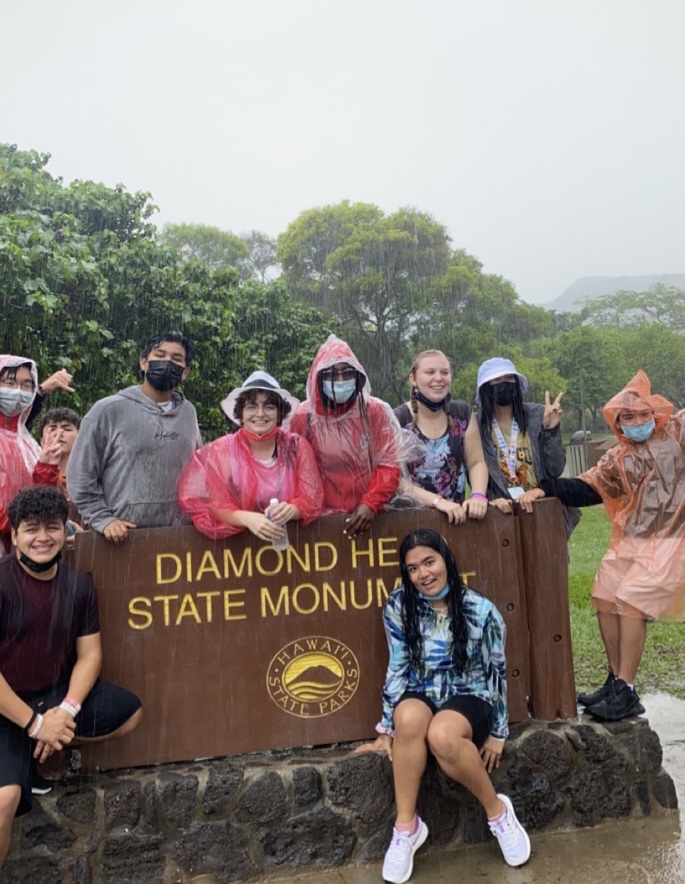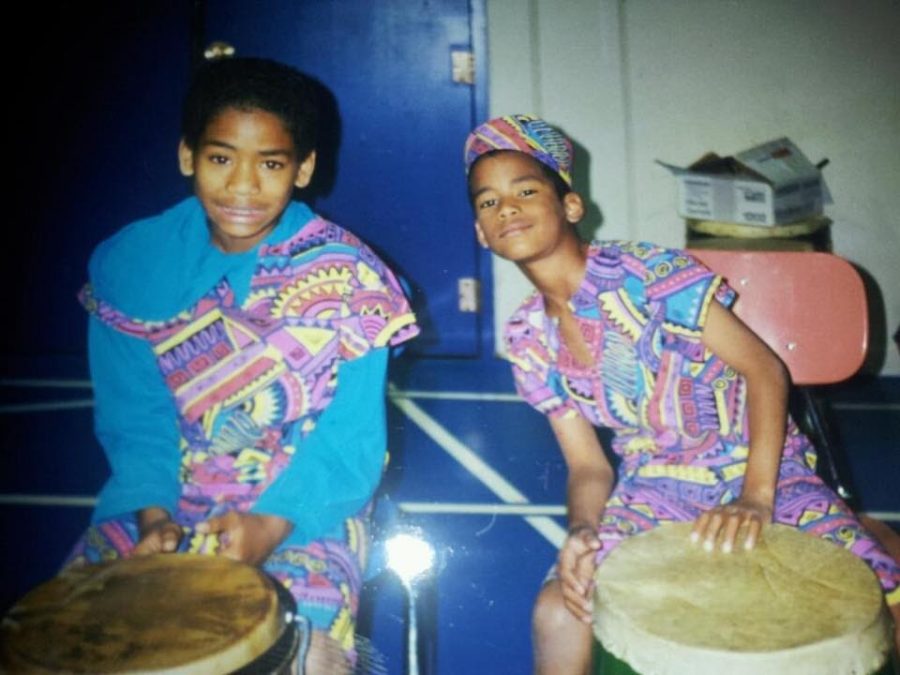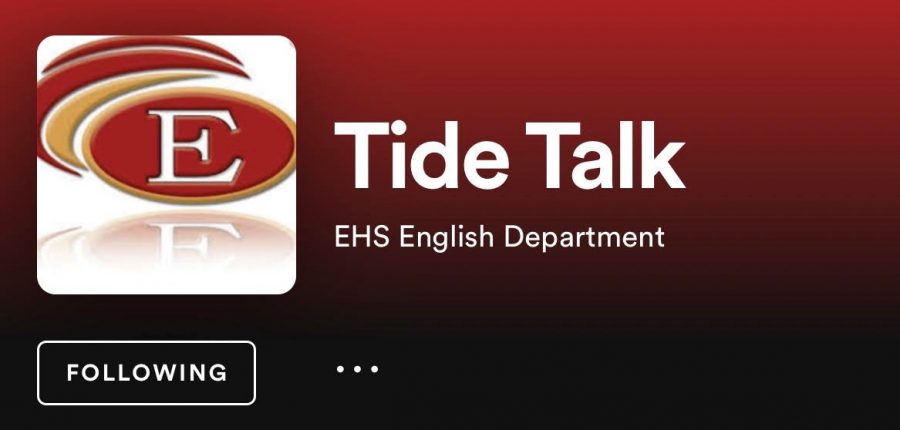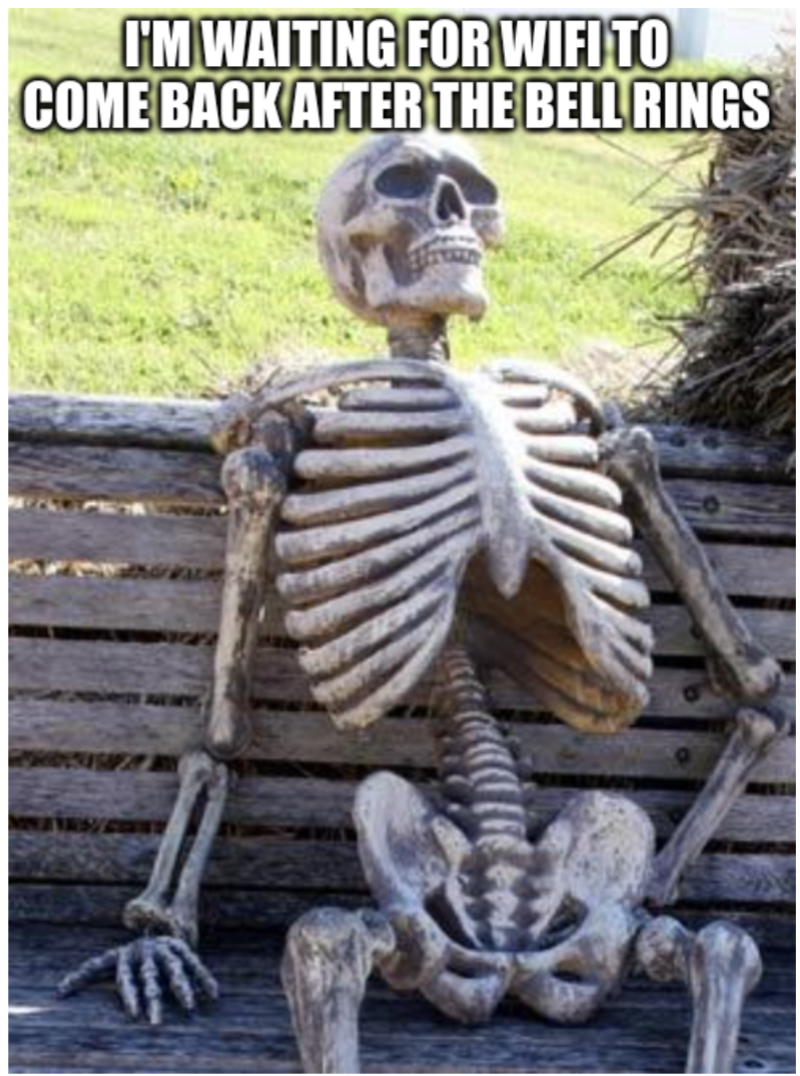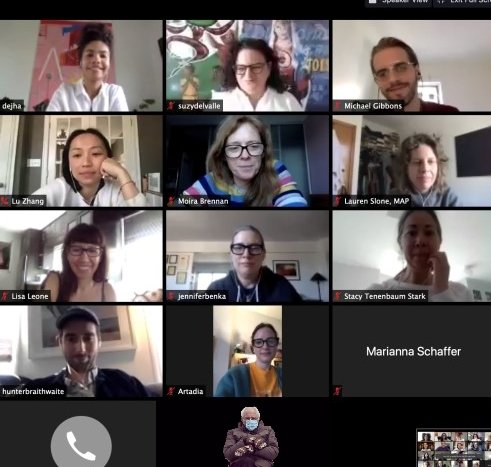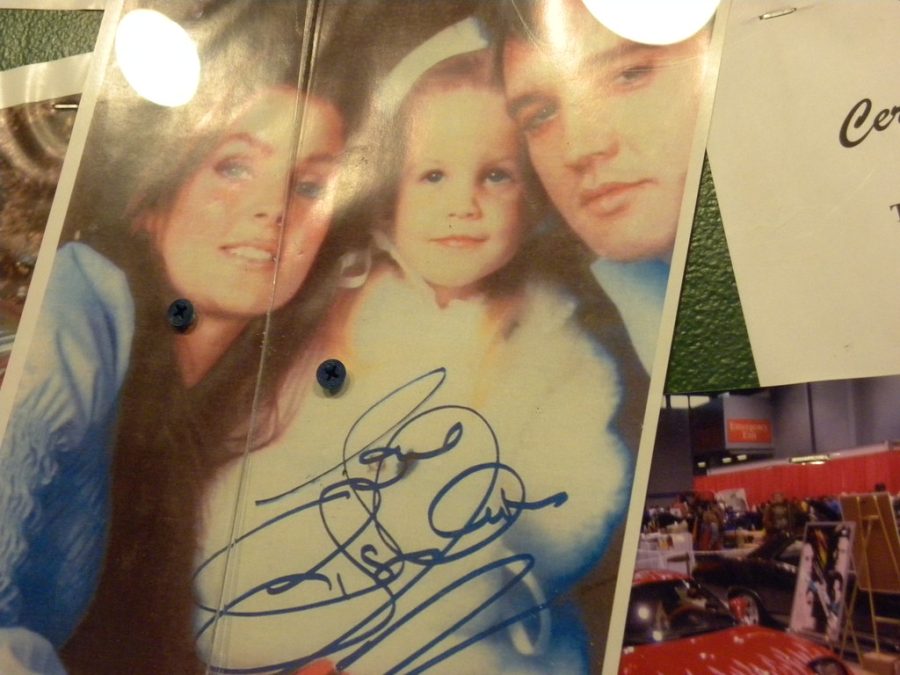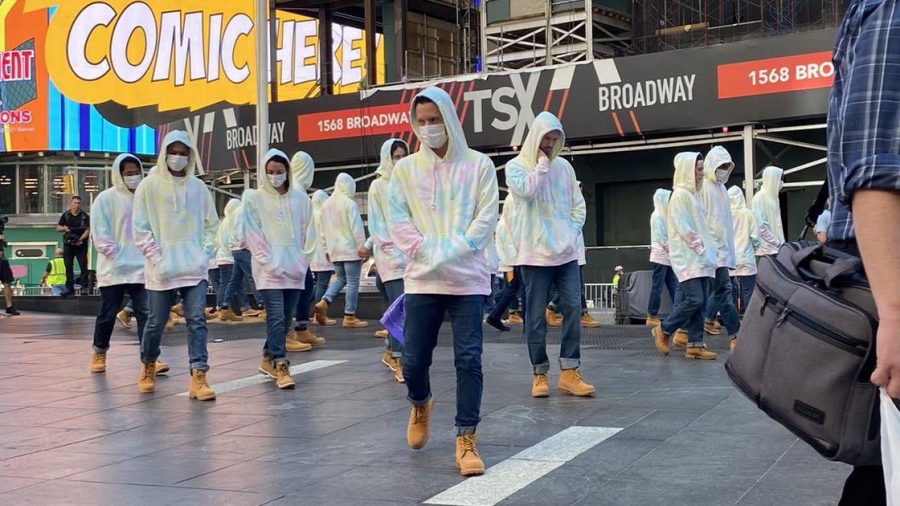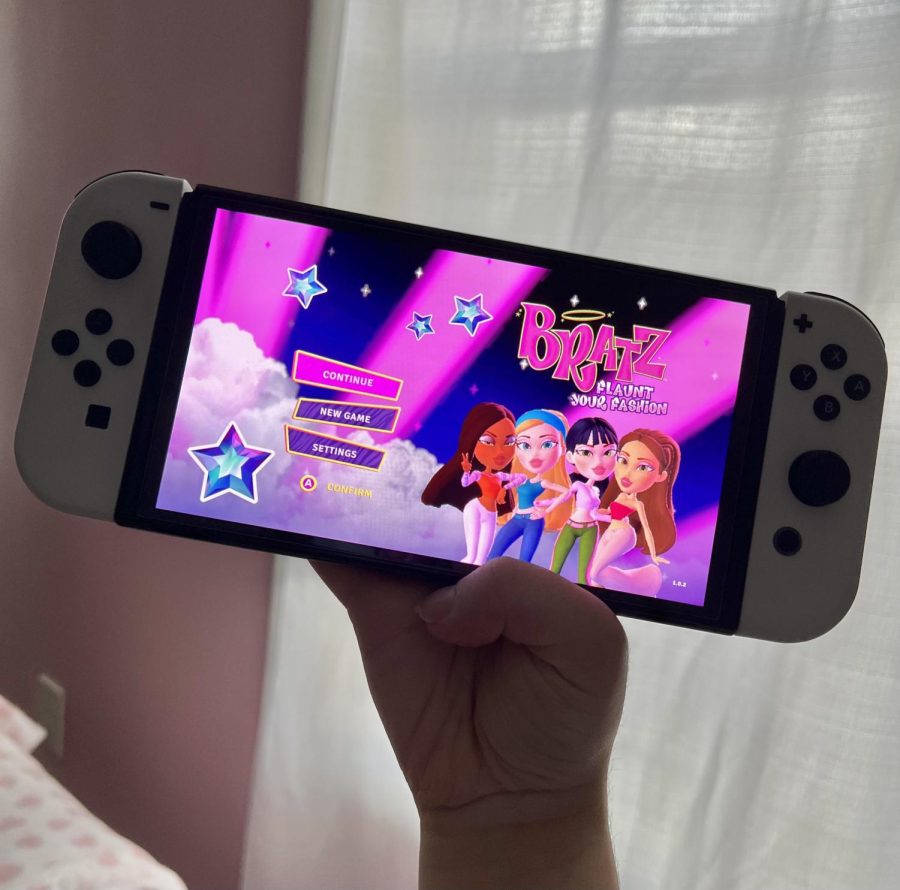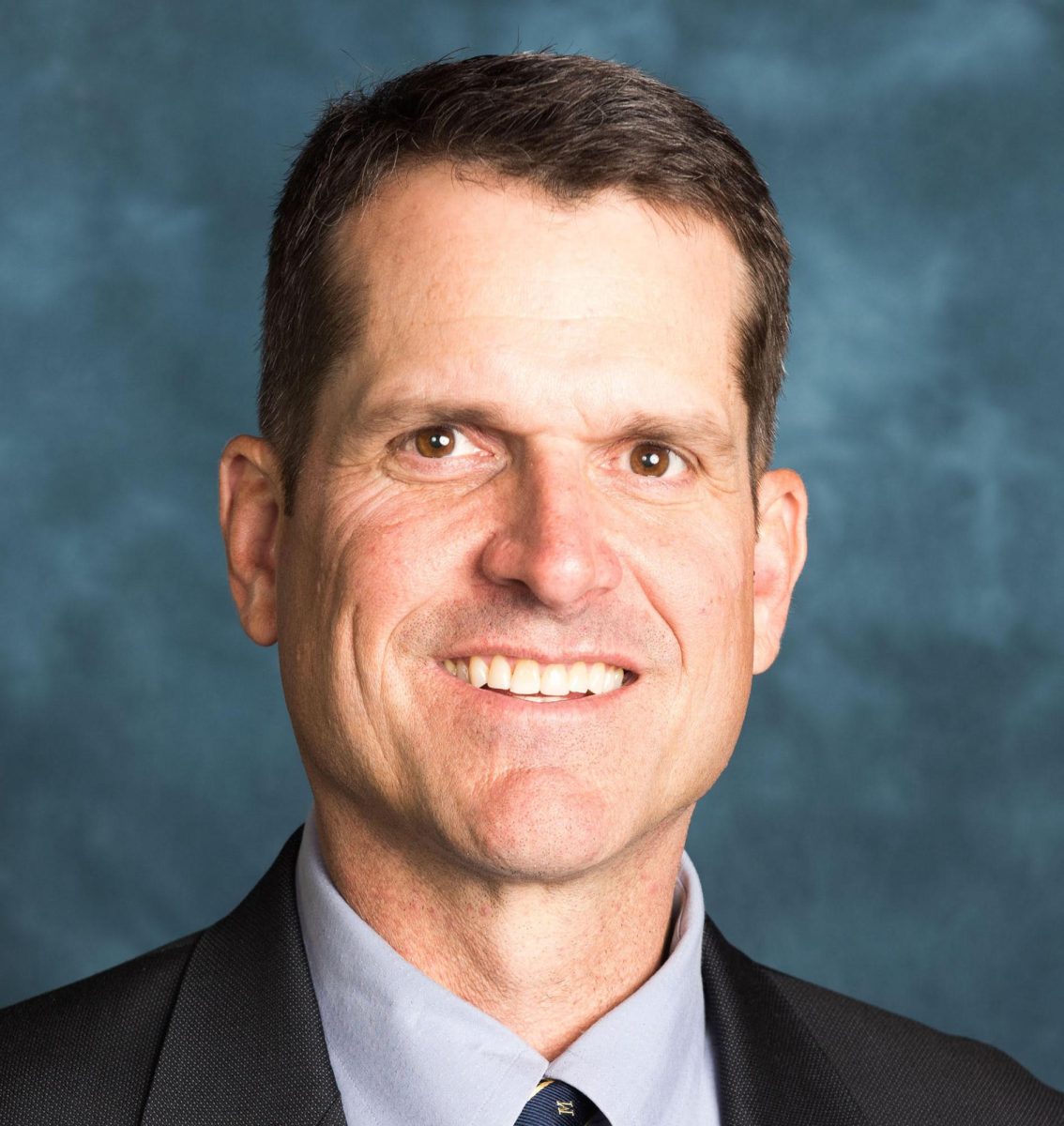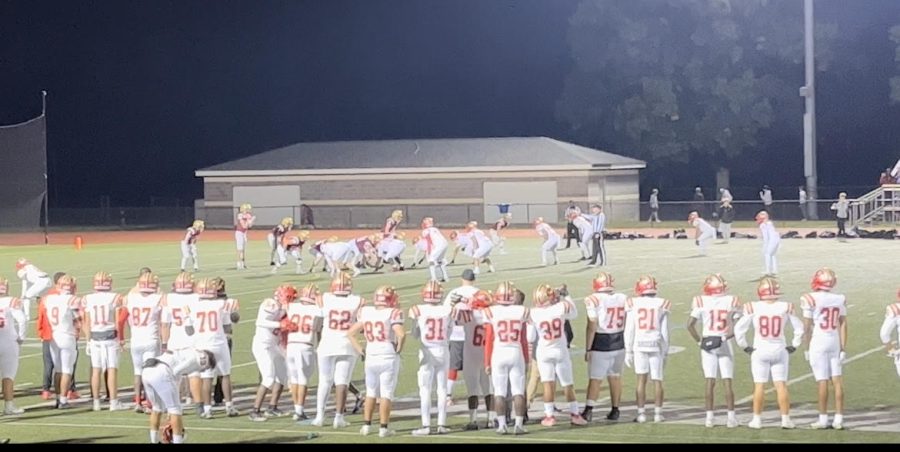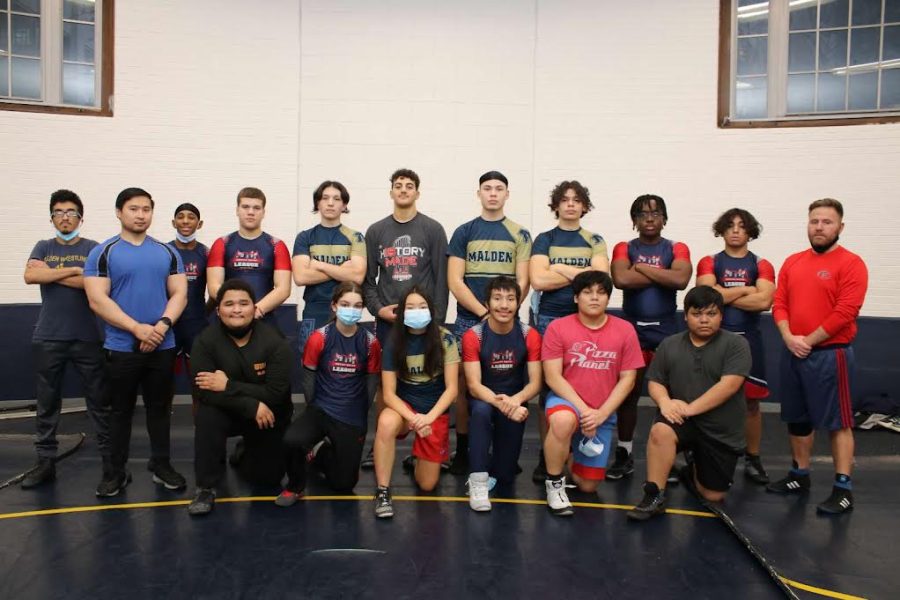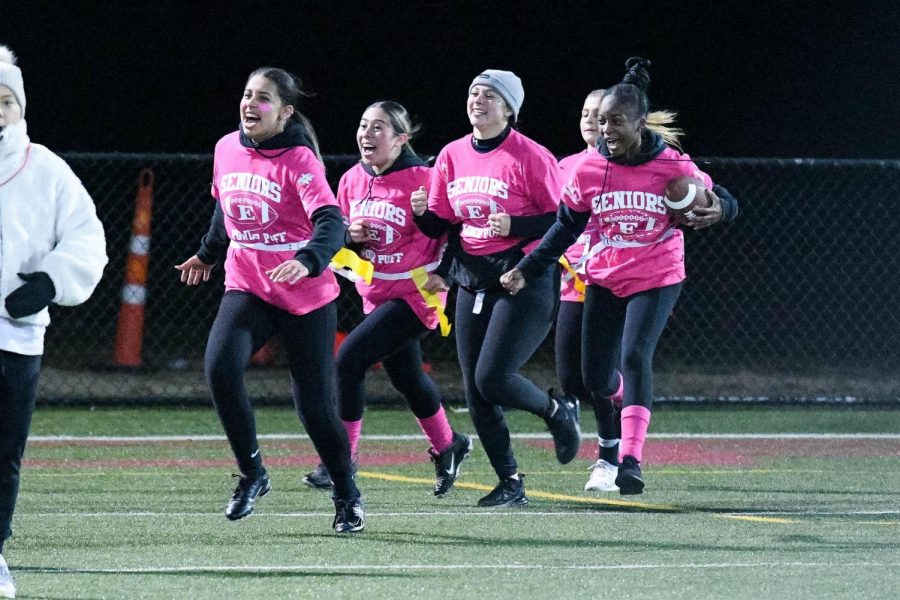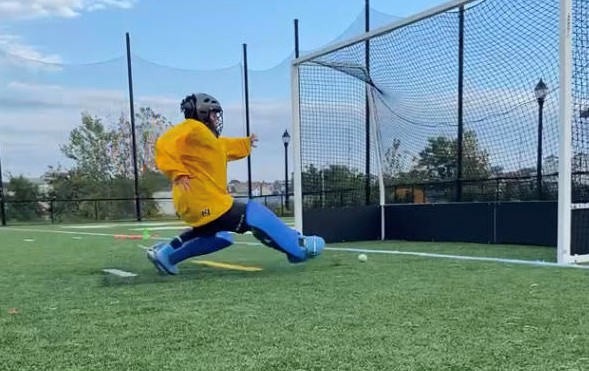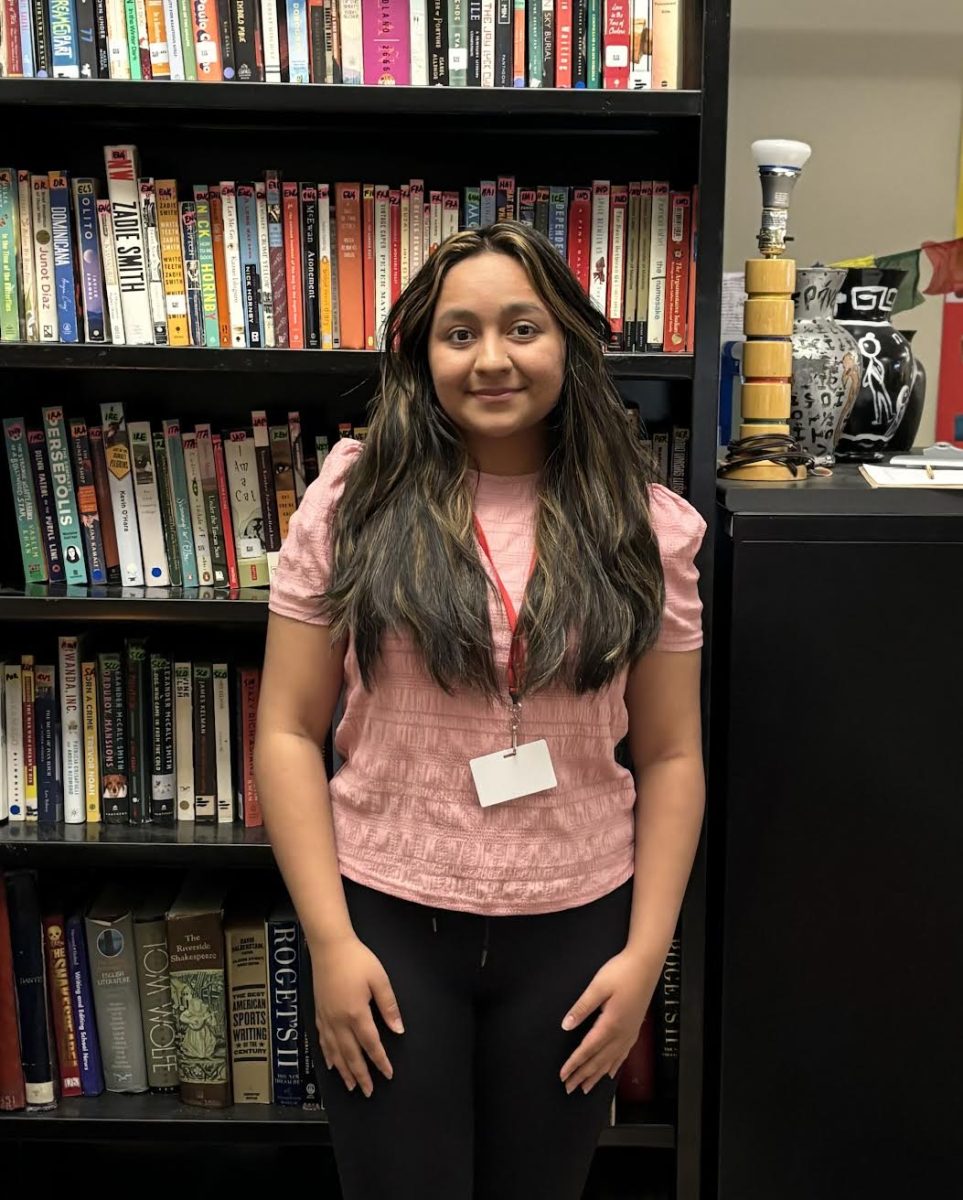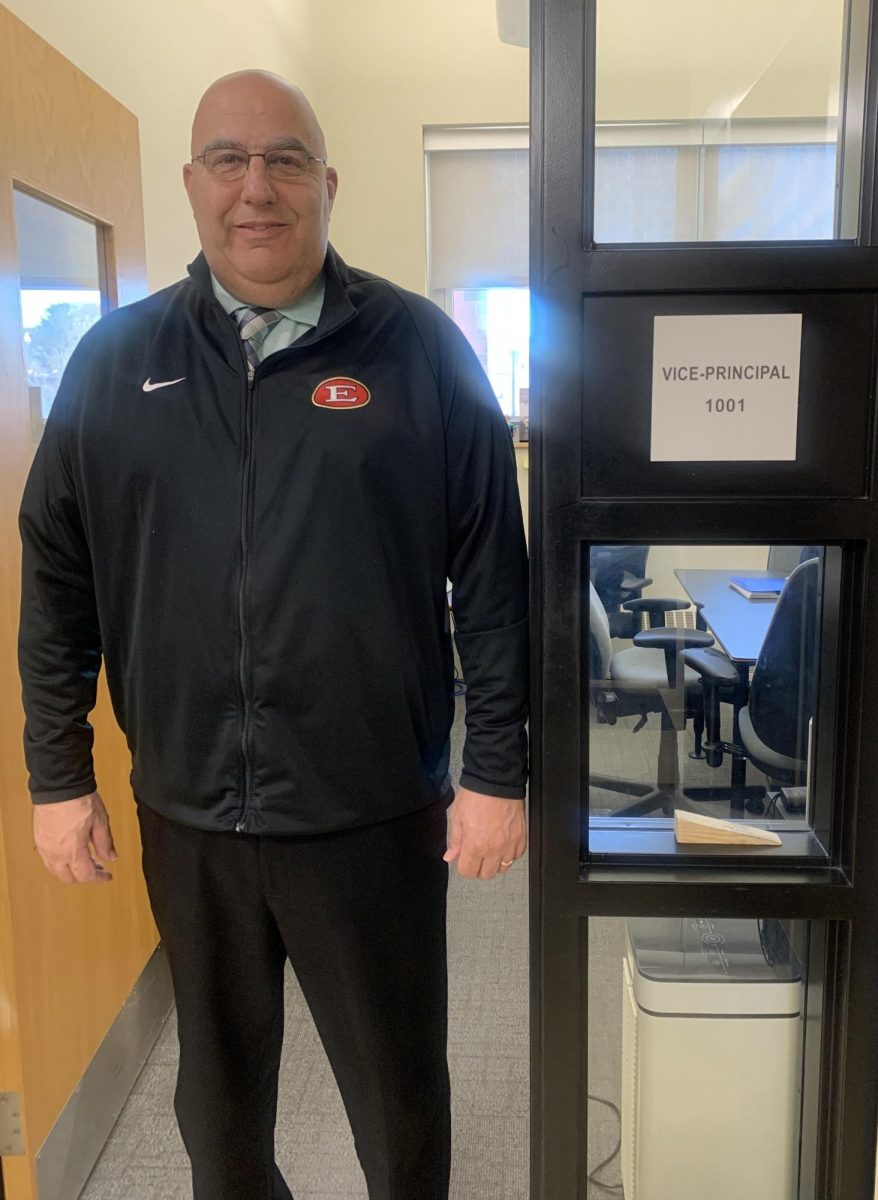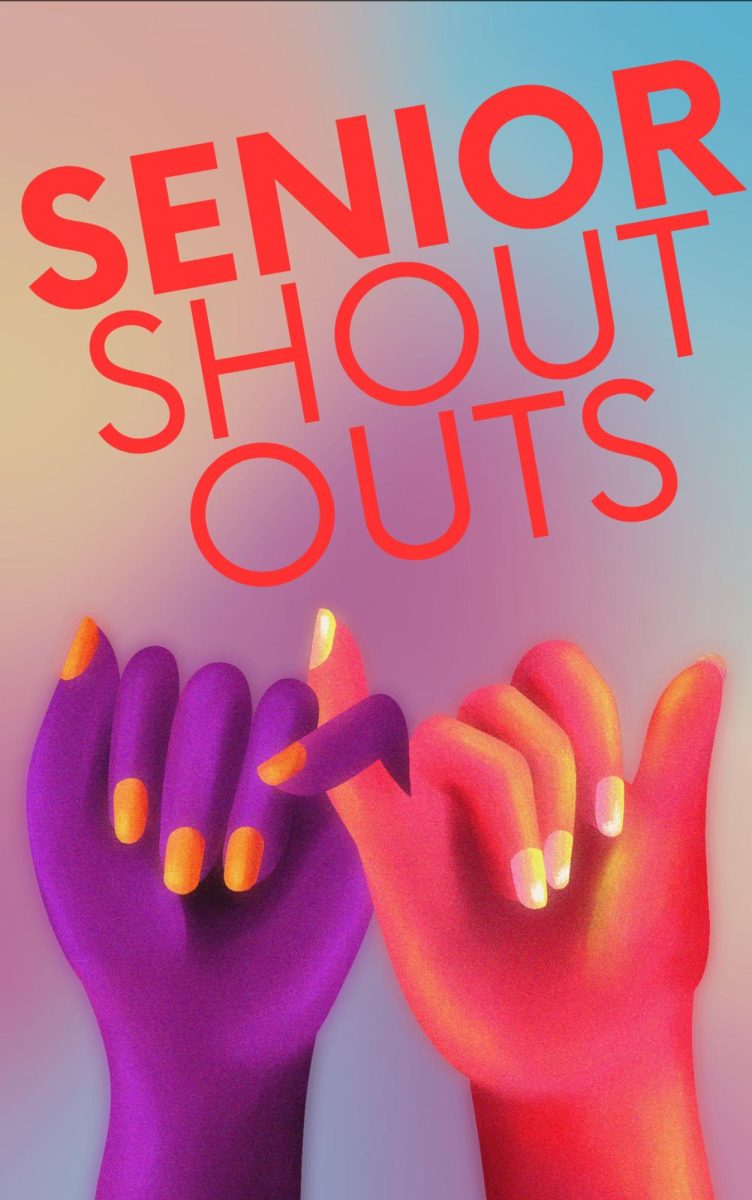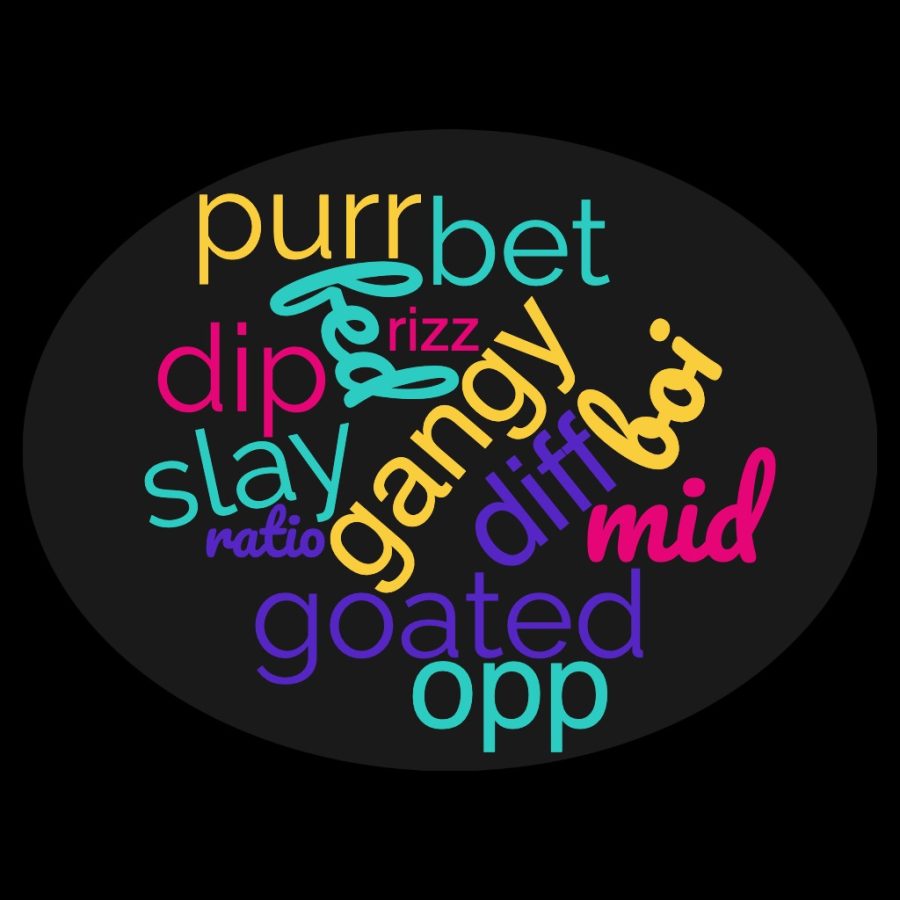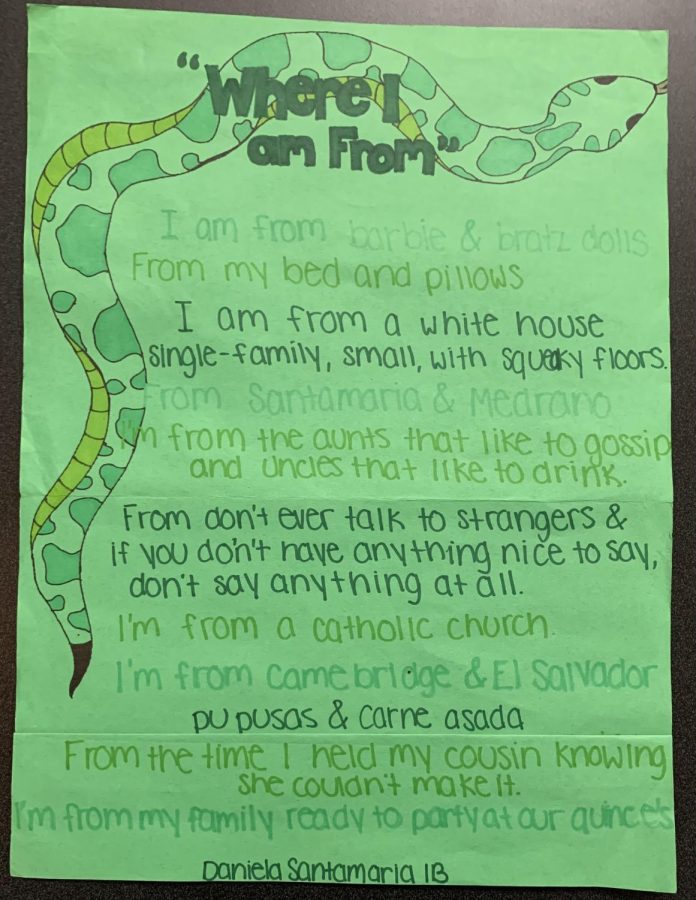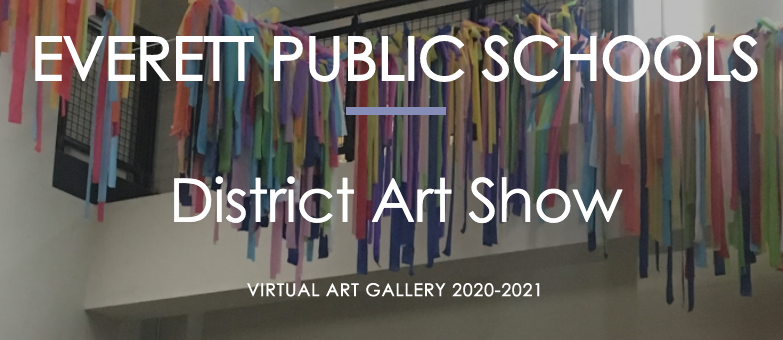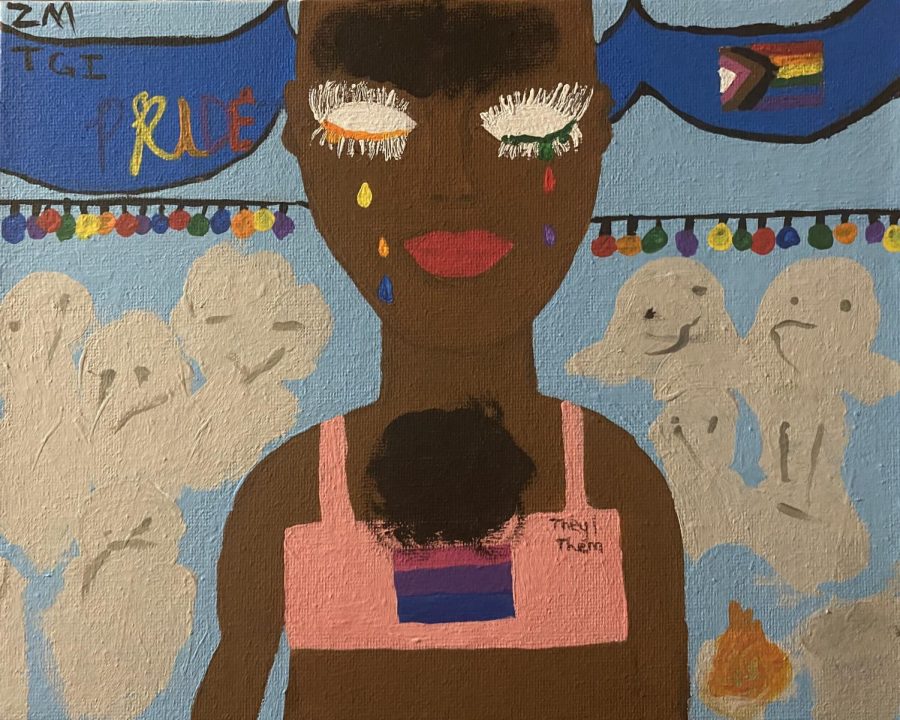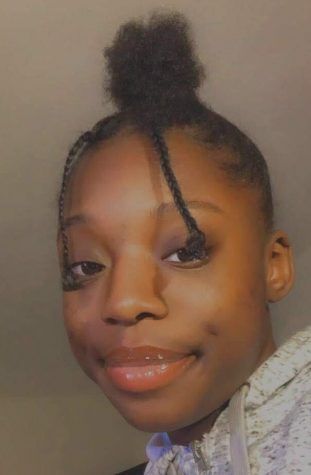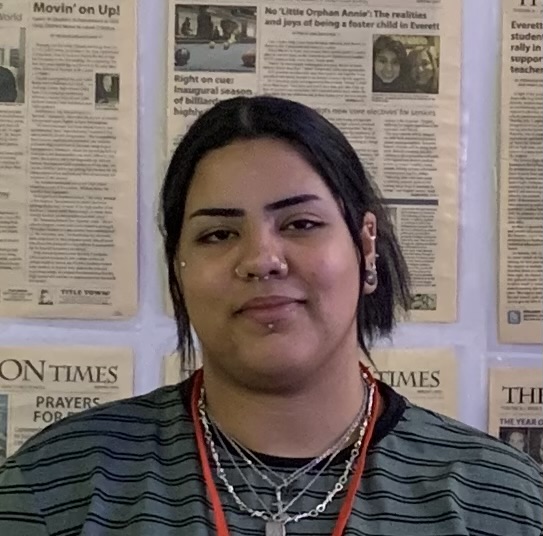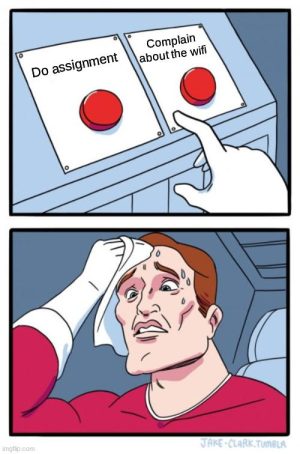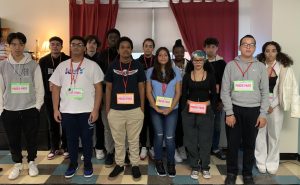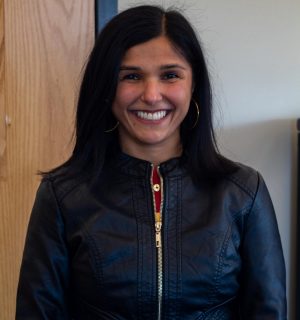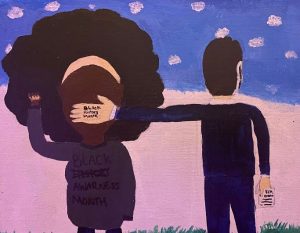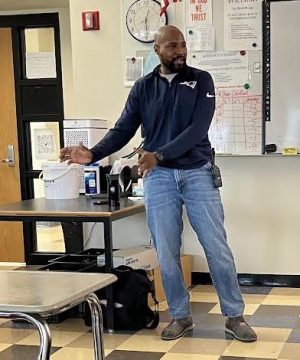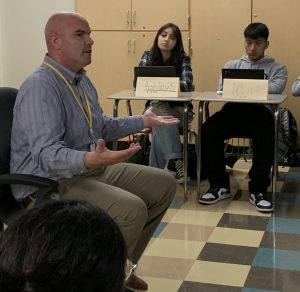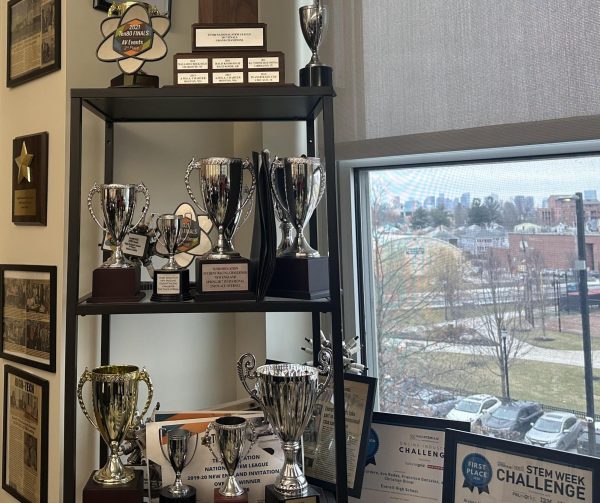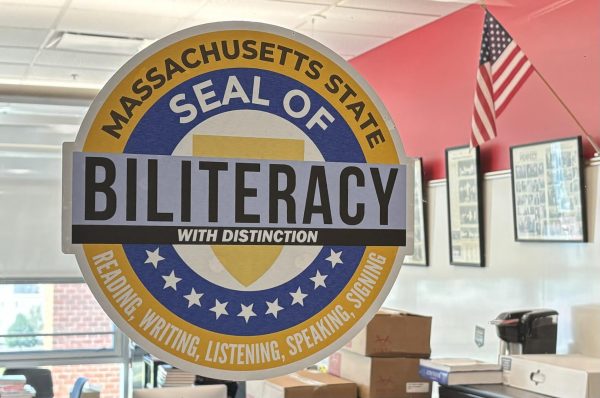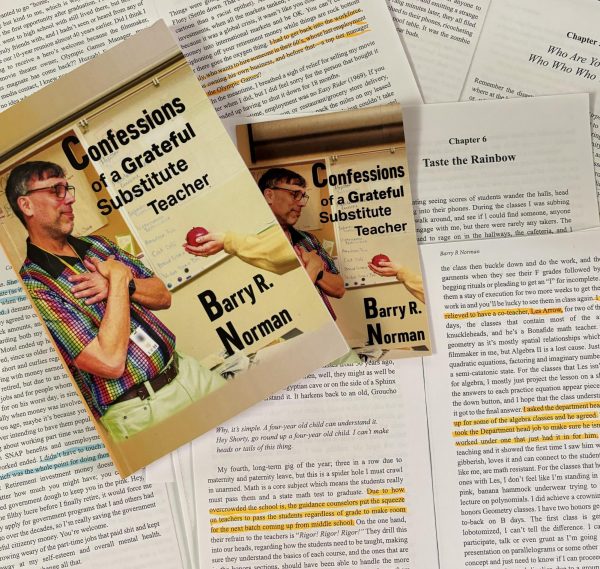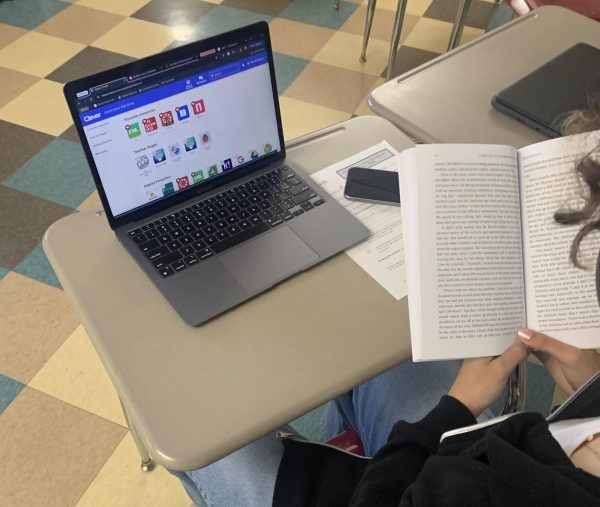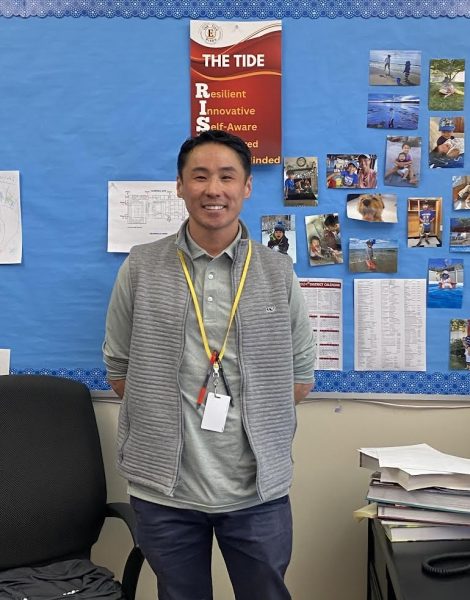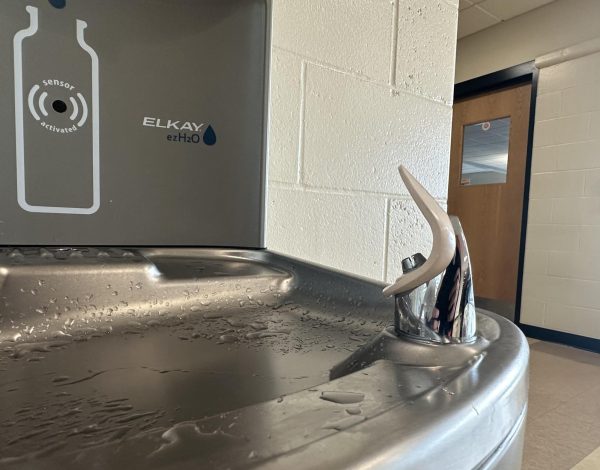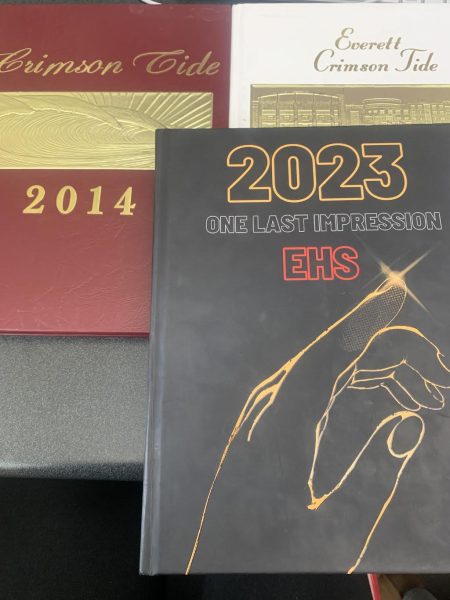Say my (preferred) name (and pronouns): Trans students seek respect and acceptance as staff and students learn what that means
This original photo “edit” was compiled using disparate elements and photo editing tools to create a new work of art.
December 7, 202114 Views
He/him, she/her, they/them. What exactly are “pronouns” and how do we use them?
Recently allies and people in the lgbtq+ community have started to bring more light to pronouns, name changes, being trans, non-binary, genderfluid, and just being comfortable in your own body.
As people start to come out with different pronouns and names, we have to learn the correct terms and try to understand so that we can be respectful of everyone.
We interviewed some people in the EHS community to get insight on how people are adapting to learning and respecting preferred names and pronouns. One of them was freshman Ace Donnelly, a trans male student who spoke candidly about their journey to self-discovery and some of the obstacles along the way
Ace’s Story (He/They/It)

“Before when I used to identify myself as nonbinary I experienced a lot of transphobia, so it was really hard for me to come out as a trans guy,” Donnelly said. “I recently came out to my mom as trans, and to my friends it was somewhere between January and February of 2021.”
“But being trans has been really hard for me. Sometimes teachers or students don’t respect my pronouns, like when I am dressing kind of feminine and they hear my dead name they just assume that I identify as she/her.”
“It was a process for me to decide that I was going to change my name,” Donnelly said. “So my dead name is pretty much a trigger to me. I don’t feel comfortable hearing it.”
“The feeling that I get whenever someone calls me by that name is something that I can’t even explain, but if I had to describe it I would say that is something that you can’t relate to; it’s not your name, but for some reason people keep using it,” he said.
“I feel like we as students here in EHS don’t have that much space to express ourselves,” Donnelly said. “Once they find out that you are not cisgender, they start treating you differently, but when you are cisgender they treat you ‘normally.’ I won’t speak for other sexualities, but us trans people definitely don’t have enough space in the school to express ourselves. Also when I was nonbinary I didn’t have space or respect from people because they never stopped calling me by the wrong pronouns.”
“I totally understand that pronouns and dead names are kind of a new thing to teachers and students,” Donnelly said, “but it’s still not right to be using the wrong ones, especially if someone already told them that they don’t go by those pronouns or names. I feel like teachers and students should educate themselves so they don’t cause other people to feel uncomfortable and disrespected in the school environment.”
EHS principal Erick Naumann agrees.
“If a person wants to be called by their pronouns, they should be called by their pronouns,” Naumann said. “Those pronouns are important to identify the people for who they are, so that the people can be proud of who they are as a person and embrace how nature made them.”
“The school has been very accepting of how one wants to be called or identified,” Naumann added.
“I think students change their name or their pronouns to better reflect their identity,” English teacher Kaitlyn Nardi said. “For the students it is important that they are able to show the world who they are. It’s also important that they get recognition and respect for who they are and for teachers it’s important for us to use that student’s name and pronouns the way they want to be recognized.”
“My friend changed her name to Teegan,” Nardi added. “She was so happy to be called Teegan and use she/her pronouns. For her, it makes her feel like she is seen for who she really is.”
“Using the pronouns students want you to use makes it normal to talk about what pronouns a person wants to use,” Nardi said. “It helps establish a routine for how to introduce yourself in class and how you expect other people to introduce themselves.”
“I think that as you get older you get a better understanding of who you are,” history teacher Edward Brown said. “I think if a student doesn’t feel like themselves and doesn’t feel seen or respected, then they can’t necessarily learn the way we want them to because they will be worrying about the other stuff.
“So it’s important for me to honor that and it’s important for the students to be recognize it as well so that they can focus on the things we ask them to,” said Brown. “It is important for us as a community to support each other no matter what gender or no gender nor name you wanna go as.”
“I know someone who’s name reflected or made them feel like a gender that they didn’t necessarily identify as anymore, so as that part of them changed, they wanted their name to change too,” Brown said. “That way, the way they felt and their name were all lined up. I think they were grateful. I think they were just happy. As their friend I didn’t make a big deal out of it. If you go through a change or something you want your friends to honor that and respect what you are going through. Just respecting other people’s wishes would make them happy.”
Many students see the need to be allies for the trans and nonbinary communities.
“Sometimes people don’t feel comfortable in the way they are so they want to be comfortable in their own body, they just want to feel like they belong to the society,” said senior Jakob Tripp. “Every change you make doesn’t affect who you are on the inside. They might feel scared we will judge them for the changes, but in reality we would accept them as our own no matter what.”
“Awhile back a friend wanted to change to a guy because of personal issues so he changed his name. He wanted to be called that, so I respected it as a true friend,” said Tripp.
“Students might want to change their names because of how they identify themselves,” said freshman Alexandra Mena Perez. “Pronouns are important because it help other people understand and identify them self and other people.”
English and education teacher Amanda Judd had some ideas on how faculty members can approach all students and help them feel comfortable.
“Teachers can be respectful by asking students for their preferred pronouns and names and using them,” said Judd. “Teachers can also submit that information into X2, so that way if the student wants all their teachers to refer to them by those names and pronouns they will.”
“Pronouns are important because they are a way in which humans identify themselves.” said Judd. ” It’s a way to show respect to someone by calling them the pronouns they want to be identified by.” “To my understanding, a dead name is a given name that someone doesn’t want to be referred to as.” said Judd. “It can be incredibly jarring and offensive to dead name someone who doesn’t go by that name anymore.”
| Glossary of Key Terms (from https://lgbtlifecenter.org/pronouns/)
Preferred Name: A preferred name is any name that a person chooses to be called other than their birth name. Deadname: The birth name of a person who changed their name. Deadnaming: Calling a person by their birth name when they have a different preferred name. Sex: sex is a label that you are “assigned” at birth based on the genitals and chromosomes you were born with. This DOES NOT determine a person’s gender. Gender: Gender is a complex that is based on the way that you fit into society’s expectations of behaviors, characteristics, and thoughts. Gender Identity: The internal perception of one’s gender and how they label themselves based on how much they align or don’t align with what they understand their options for gender to be. Cisgender: A cisgender person is a person whose gender matches their birth “assigned” sex. Transgender: A person whose gender is different from their “assigned” sex at birth. Non-binary: A spectrum of gender identities that are not exclusively masculine or exclusively feminine. Genderqueer: Similar to non-binary – some people find the word ‘queer’ offensive while others embrace it. Genderfluid: Applies to a person whose gender identity changes over time or changes at different times. Misgender: Calling someone pronouns that do not reflect their gender identity. |

